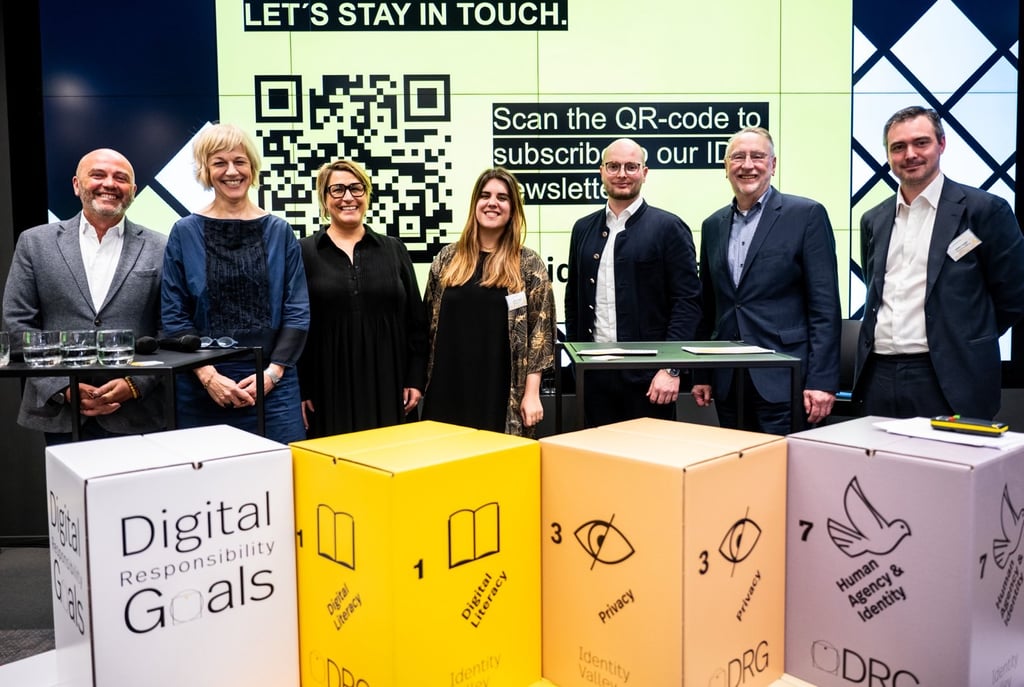From Bytes to Rights - IDV trustTALK in Brüssel
Silke Weich
4/17/2024
v.l.n.r. Jack Harmande, Renate Nikolay, Jutta Juliane Meier, Laureline Lemoine, Peter Kraemer, Bernd Lange, Richard Gardiner
hier klicken, um kurzen Videoclip zum Event zu sehen
On 15 April 2024 Identity Valley® organised an evening in Brussels around the topic “From Bytes to Rights” having a great panel of speakers discussing state of affairs and opportunities brought about by the Declaration of Digital Rights and Principles signed by the European Parliament, the Council of the European Union and the European Commission in December 2022.
Jutta Juliane Meier, CEO of Identity Valley, and Ferdinand Ferroli, Director Policy and Research of Identity Valley open the evening with the central questions that Identity Valley pursues, how we can strengthen human rights and dignity in the digital space and how we can steer the design of digital technologies in a trustworthy direction. This is where the Digital Rights and Principles and the Digital Responsibility Goals® developed by Identity Valley meet to form a complementary intersection. Various fantastic speakers shed light on the topic of digital trust from their own perspectives.
Renate Nikolay, Deputy Director-General, DG CNECT of the European Commission emphasises the initial approach of the Declaration of Digital Rights and Principles to achieve a human-centred digital transition for a better digital future in which technology should be fundamentally trustworthy and respect the dignity and rights of humans. Europe is a pioneer in developing digitalisation in a human-centric way. This does not stand in opposition to digital development, but the developments should be to the benefit of all people.
Bernd Lange, MEP (S&D Group), Rapporteur Declaration on Digital Rights & Principles, calls to action as it appears that only 50% of European citizens consider that their digital rights are well protected. This is despite the fact that the world is currently looking to Europe to see what is happening in the area of personal data protection. Thus the Digital Rights and Principles need to be more visible for the people to make our public environment free of bias, hate speech and discrimination.
Jack Harmande, Director-General Simplification & Digital Transformation, Belgian Federal Public Service Policy & Support (BOSA), is constantly confronted with the question of whether certain procedures are safe and trustworthy. The organisation created a tool for its customers providing clear information on personal data treatment and transparency on all transactions made. With this he calls for technical solution design that is based on security and inclusivity. He points out that Digital Rights and Principles should hang as poster on the walls of any organisation as a reminder of what digital transformation is all about.
Digitalisation is a multisectoral interactive topic. Richard Gardiner, Head EU Public Policy, World Benchmarking Alliance, emphasises that a lot is happening in terms of stakeholder engagement in the digital environment, and with regard to ethical regulations and AI policies companies are getting more and more dynamic.
As fundamental rights are central when it comes to digital economy the Digital Rights and Principles can be considered as a diplomatic tool for discussions and negotiations between international partners. For Laureline Lemoine, Senior Policy Associate, AWO Agency, it will be of interest to see how the principles are being interpretated by different stakeholders and how these interests can be balanced. It is desirable that effective enforcement of content of the declaration is continued.
Data sovereignty does not have to be in contrast to a market-driven approach. Based on decentralised approaches data don’t have to be kept on single platforms. Being able to make self-determined decisions about where data are kept and where they might migrate to, Peter Kraemer, Director Data Sovereignty Solutions, Capgemini, representing a European technology consulting company and supporter of European regulations, sees sufficient opportunities for the data market, whose profits can be distributed fairly in a data space.
The Digital Rights and Principles, that are very much aligned with the DRGs, are not just a basis for legislation development but furthermore intent to inspire civil society action and raise awareness for a trustworthy digital future. In this context, the DRGs complement this approach by making trustworthy behaviour in the digital world understandable and measurable.
Hier geht es zur kompletten Aufnahme der Veranstaltung.


Für generelle Fragen:
info@identityvalley.org
Für job-bezogene Fragen:
jobs@identityvalley.org
Kontakt
Folgen Sie uns
Als gemeinnützige Organisation verpflichten wir uns in allen Aktivitäten zu höchsten ethischen Standards. In unserer Zusammenarbeit mit Partnern aus Wissenschaft, Politik und Wirtschaft setzen wir auf transparente, faire und kartellrechtskonforme Praktiken – von Forschungskooperationen über Vernetzungsformate bis zu Standardisierungsinitiativen.
Bei all unseren Aktivitäten bemühen wir uns um den Einsatz vertrauenswürdiger digitaler Technologien, um so digital verantwortungsvoll zu handeln. Gelegentlich, wenn es keine Alternative gibt, greifen wir auf weniger wertorientierte digitale Lösungen zurück. Wir arbeiten jedoch kontinuierlich an einer Welt, in der vertrauenswürdige digitale Lösungen immer weiter verbreitet sind.


©Identity Valley 2025

